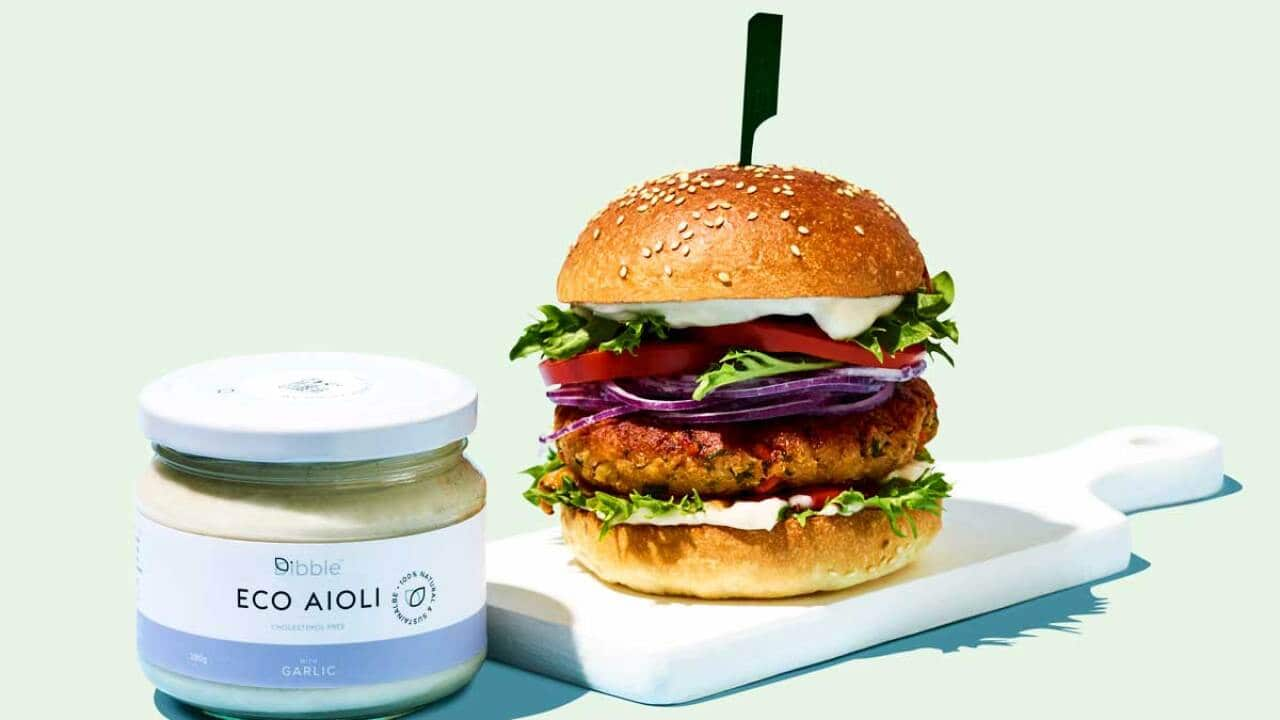Double-dippers of the world, listen up: your habits have moved past the point of frowned-upon culinary faux pas and into the realm of, well, just plain gross. And perhaps even a little unhygienic to boot.
But as you stand there aghast, half-eaten cracker poised threateningly over the dip bowl, we implore you not to shoot the messenger – this news comes from a living, breathing food scientist.
If we’re trusting anyone on this matter, it’s Professor Paul Dawson, food science expert and author of Did You Just Eat That? Dawson staged an experiment using a cracker, chocolate dip, cheese dip and salsa to test the amount of bacteria that sticks to a surface after it’s been chomped on. Highly scientific; highly delicious.
“I expected there to be not really much bacteria transfer [after the first bite] because of the small surface area on a cracker or chip when you bite it,” he told ABC Radio Perth.
“But we actually found there were 1,000 more bacteria per millilitre in the dip from when you bit the chip than when you didn’t. That’s a significant amount. That’s more like a person-to-person transfer like the common cold and other contagious diseases rather than the typical food borne illness like E.coli and salmonella.”
Double-dipping entered the public consciousness after a particularly painful-to-watch episode of 90s sitcom Seinfeld, in which George Costanza gets caught red-handed going in for a second helping of dip – on the same chip.
“You dipped the chip, you took a bite, and you dipped again,” the accuser says. “That’s like putting your whole mouth in the dip!”
‘Timmy’ may well be correct, and may be emblematic of many people’s opinions on double-dipping. That said, there’s a good chance double-dipping is hardwired into our DNA, because when we’re dealing with a really, really good dip, who on this earth prefers a dry cracker over a well-covered one?
It’s not all bad news, however. CSIRO food safety specialist Cathy Moir has weighed in, arguing that while double-dipping isn’t necessarily good practice (Dawson contends it’s more dangerous than the 5-second rule), it’s definitely not the worst.
“Whatever germs you have in your mouth could potentially go into someone else’s mouth. Having said that there is probably a lot worse things we could do, like not washing your hands after having been to the bathroom,” she told ABC Radio Adelaide last year.
Non-hand washers, you’ve been warned.
Share
SBS Food is a 24/7 foodie channel for all Australians, with a focus on simple, authentic and everyday food inspiration from cultures everywhere. NSW stream only. Read more about SBS Food
Have a story or comment? Contact Us






